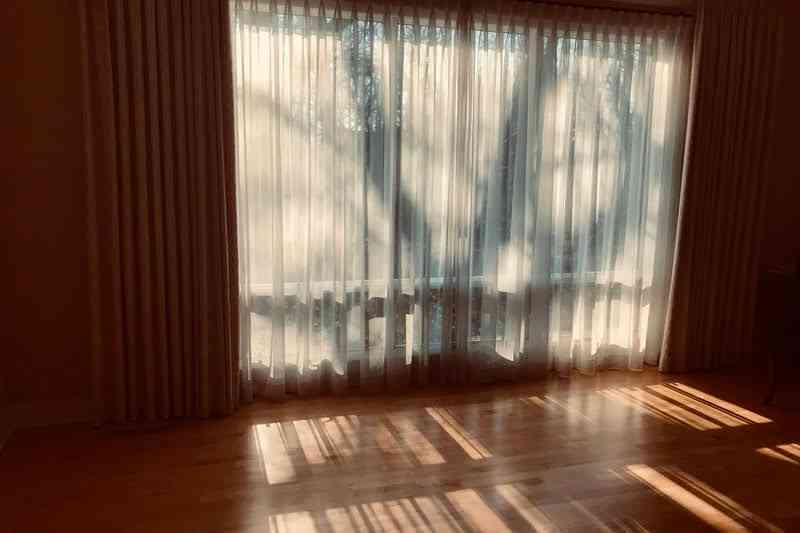When I was 6 years old I told my parents I was going to become a rabbi. I was blessed to grow up with extremely supportive parents and a community full of great Jewish role models. Nonetheless, there is no one person who inspired me to be a rabbi. I wanted to be a rabbi because I was sure it was my destiny. I felt like it was what God had called me to do.
Now, as a second-year rabbinical student at Hebrew Union College-Jewish Institute of Religion, the rabbinate is actually in sight. I spend my weekdays engaged in the academic study of Jewish law and tradition, and many weekends I serve as the student rabbi of B’nai Israel Synagogue in North Dakota. In many respects, rabbinical school is exactly what I hoped it would be, and the affirmation that comes from doing what I am called to do is astounding. This feeling of pursuing a calling to the rabbinate and the affirmation it brings is one I share with many of my colleagues in school and in the field. In fact, just this week I got to learn this first hand as I learned the stories of five remarkable women on whose shoulders I am standing.
Sally Priesand, Sandy Sasso, Amy Eilberg, and Sara Hurwitz, the first women rabbis ordained in the American Reform, Reconstructionist, Conservative, and Orthodox worlds respectively joined together recently in honor of the 80thanniversary of Regina Jonas’ ordination as the first ever ordained woman rabbi. Each of these trailblazing woman had a unique path to the rabbinate. Regina Jonas (z”l) was ordained in Germany a few years before her ultimate deportation to Terezin and eventually to her death at Auschwitz. During her short rabbinic career Jonas wrote extensively on matters of Jewish law, Bible, and Jewish ethics. She even continued to serve as a rabbi in the concentration camp, offering rabbinic lectures and pastoral care to those alongside her in Terezin. When asked by the Central- Verin-Zeitung newspaper why she chose to be a rabbi, Regina would tell people “It chose me not the reverse…But if I must say what drove me as a woman to become a rabbi, two elements come to mind: My belief in the godly calling and my love for people.” Ultimately, in a world where the thought of a woman rabbi was incomprehensible and Jews were under immense persecution, Jonas became a remarkable Jewish scholar and rabbi making the unimaginable real.
Just like Jonas, the four women who gathered in her honor last year were motivated by a sense of calling and a profound commitment to Jewish study. Unfortunately, all five woman also shared a bumpy road to the rabbinate and some have yet to become completely accepted and at home in their movements. Though all of them met with harassment, discrimination, and tremendous obstacles on their journeys, they all travailed keeping their passion for study and their love of Judaism at the fore.
I can honestly say from age 6 until now, I never once thought being a woman would preclude me from being a rabbi. In fact, many of the rabbis I admired most growing up were women, and I never consciously thought about what it meant for them to be “women” rabbis, they were just rabbis. Yet, the stories of all five of these women resonated with me on a profound personal level. I am, like them, pursuing a divine calling enhanced by a profound appreciation of Jewish study. And I like them am going to have a long road before I feel completely at home here. I am not the first person of color to be ordained in my field. I am however, the only student of color at my particular rabbinical school. I don’t ever get asked, as these women were asked in parallel, “can black people become rabbis.” Nonetheless, I can relate to the isolation these women must have felt on their rabbinic journeys. Their journeys, like mine were complicated by the lack of role models that looked like them. They also faced the fear of not looking like the “traditional Judaism” congregants grew up with and want the image of their rabbis to reflect. Most significantly, they also met with the lack of institutional understanding and support for the unique challenges that come from being different.
What I took away from the stories of these women was a new sense of hope and empowerment. Sally Priesand graduated as the only woman in a class of 40. Today, while the issues around gender and equality still continue, 50% of my rabbinical school class identify as women. May it be God’s will that in a short time we will also see many more Jews of Color coming up through the ranks of this program, feeling a sense of belonging and encouragement as they too pursue their callings.
Note: If you want to meet Isaama and learn more about her journey join her at Be’chol Lashon’s Family Camp.







